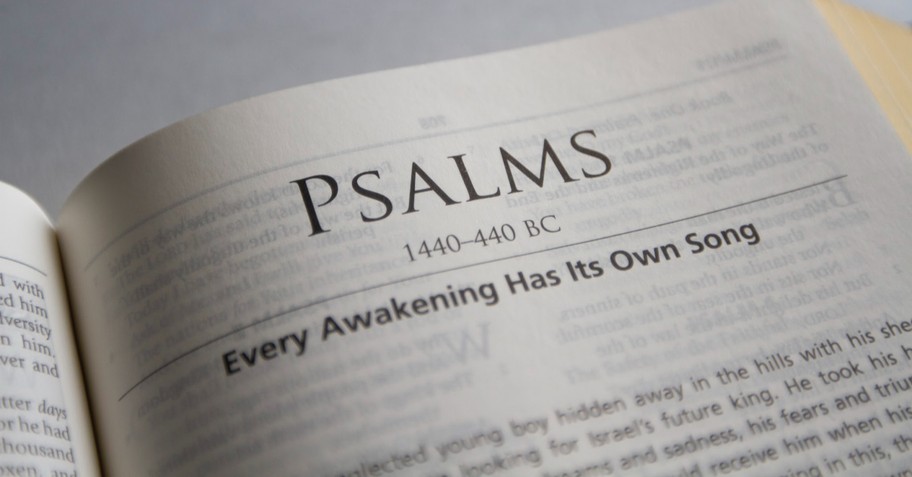Did you ever have a Bible that included a list of where to turn when feeling a certain way? Whether one felt angry, or sad, confused, or frustrated, the list pointed to an appropriate verse for divine comfort. Most of the Scriptures suggested in these lists are either reminders of God’s promises, or a call to perseverance. While this is valuable, in some regards, it could lead to the assumption that the faithful response to negative emotions is to push past them.
For example, imagine you're feeling angry. Acknowledging your anger, you turn to the previously mentioned list in the back of your Bible, searching for an appropriate Scripture. Undoubtedly, the suggestions will be along the lines of Ephesian 4:26: “In your anger do not sin, don’t let the sun go down on your anger.” Or perhaps it would point you to James 1:20: “for your anger does not produce the righteousness that God desires.” A passage from the psalms, likely, would not be mentioned.
The point is, such lists of what to read when you are angry rarely give voice to the anger.
Too often they point to the verses that speak to how anger is contrary to the life of faith. This can leave us with the impression that the faithful response to anger is to not feel angry! We come away with the impression that it is wrong to feel angry, or whatever emotion we are feeling. Thus, we attempt to move past the emotion, or deny it altogether.
All this does is produce feelings of guilt and shame, for the fact is, we do feel angry!
Anger is a human emotion like all the rest, and it is common to all people. Furthermore, our anger may, in fact, be an appropriate response to whatever situation we are facing. Even Jesus got angry, and sad, and frustrated. Emotions are never wrong. They may be misdirected at times, and we may wrongly act on such emotions, but the feeling itself is not wrong in and of itself.
When we deny our emotions, we allow them to fester within us. We may trick ourselves into believing that we have dealt with the matter at hand, but all we have done is turn a blind eye to the deep matters of our heart and soul.
The psalms give us license to hold our feelings before the Lord. We are given the freedom to feel, and to feel deeply, viscerally, and passionately.
Photo Credit: ©Getty Images/sam thomas












